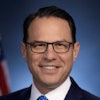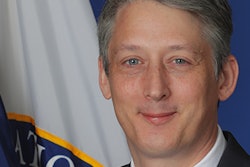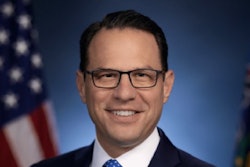 Dr. KerryAnn O'Meara, professor of higher education at the University of Maryland
Dr. KerryAnn O'Meara, professor of higher education at the University of Maryland
“We need to move out of the story in the news about what is yet another problem to the stories you see about real transformational kind of change,” said Dr. KerryAnn O’Meara, a professor of higher education at the University of Maryland, who presented parts of her forthcoming TIAA Institute paper on reforming faculty appointments and evaluation.
As the pandemic prompted much of higher education to rethink norms quickly, O’Meara shared how the faculty review and promotion process can be more equity-minded. Studies have shown that the traditional tenure track structure often excludes or disadvantages faculty from historically underrepresented groups.
“We have a lot of things we want to do in higher education,” said O’Meara, a past president of the Association for the Study of Higher Education. “We understand the ways in which higher education can reproduce structural inequalities in racism. We also have the expertise to be part of changing those structures. There are people teaching in schools, developing curricula, doing the work that could fundamentally shift the institution.”
O’Meara noted some universities are already building new pathways to tenure and promotion to address these problems. Worcester Polytechnic Institute this year created tenure and extended contract opportunities for teaching faculty, rewarding excellence in the classroom. Indiana University-Purdue University Indianapolis recently approved a tenure and promotion path centered on diversity, equity, and inclusion (DEI) work. Critics have long pointed out that DEI efforts are not weighted fairly in tenure or promotion processes. And faculty of color and women tend to do more of this DEI work.
“We’re looking at a process to rethink assumptions that we have,” said Dr. Adrianna Kezar, dean’s professor of leadership and Wilbur-Kieffer professor of higher education at the University of Southern California (USC), who also shared her related research on equity challenges in the academic workforce. “Our campuses remain embedded in a model that focuses on tenure track faculty.”
Yet non-tenure track faculty make up more than 70% of the academic labor. New faculty models that reflect this reality and better support contract positions are critical, Kezar stressed. Studies additionally show that poor working conditions of non-tenure track faculty can negatively impact student success in graduation and retention.






















